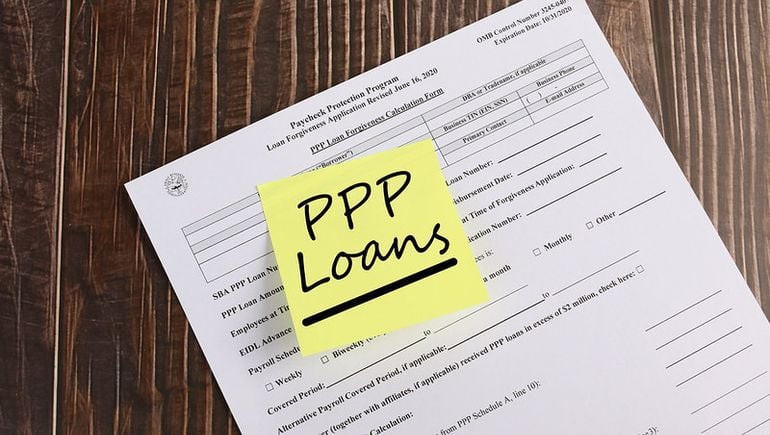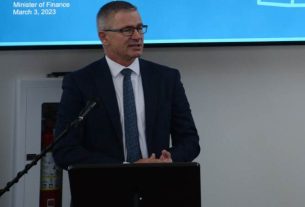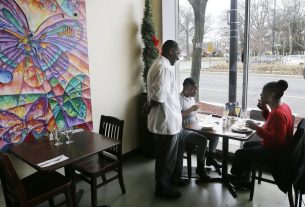Dive Brief:
- The Federal Reserve fined New York-based Popular Bank $2.3 million for failing to detect “significant indications of potential fraud” in six Paycheck Protection Program loans the bank processed in 2020, the regulator announced Wednesday.
- The bank, a subsidiary of Puerto Rico-based Popular Inc., also failed to report the potential fraud in a timely manner, the Fed said.
- While the central bank has issued penalties against individuals linked to PPP fraud, Popular’s fine represents the first action the regulator has taken against a bank in connection with the pandemic relief program, a Fed spokesperson told The Wall Street Journal.
Dive Insight:
Popular processed and funded six PPP loans, totaling roughly $1.1 million in August 2020, despite having detected signs of potential fraud, the Fed said.
“[The bank’s handling of the loans] demonstrated ineffective controls and procedures that resulted in violations of the Bank’s internal [Bank Secrecy Act] protocols, and constituted unsafe or unsound practices,” the central bank said in its consent order.
The six loans were fraudulent and Popular has suffered a loss with respect to each loan, the regulator said.
“As acknowledged in the Order, Popular Bank self-reported this matter, undertook substantial remediation related to the practices described therein, and fully cooperated with the Board of Governors’ investigation,” the $71 billion-asset bank said in a statement to Banking Dive. “We have consented to the imposition of the Order and the civil money penalty. The Order does not impose any other obligations on the Bank.”
PPP was established in 2020 as part of the $2 trillion Coronavirus Aid, Relief and Economic Security Act.
The program, which was facilitated by the Small Business Administration, used banks to funnel nearly 12 million loans worth about $800 billion to businesses negatively affected by the pandemic.
In the years following the program’s rollout, however, lawmakers and government watchdogs alike have chastised the SBA for the amount of fraud linked to the PPP and other early COVID-era programs.
At least 10% of PPP and Economic Injury Disaster Loan applicants may have obtained loans “that were inconsistent with income eligibility requirements,” Justice Department Inspector General Michael Horowitz told Congress last year.
Meanwhile, federal actions targeting COVID relief fraud have ramped up in the past several months.
The Fed in April banned four former Regions Bank employees and two ex-Merrill Lynch Wealth Management employees from working in the banking industry after it said they submitted fraudulent applications for EIDL assistance and “used the funds for unauthorized personal expenses.”
In October, the regulator banned five former bankers from Ally Bank, Regions, First Horizon Bank and Bank of America’s Merrill Lynch for similar offenses linked to COVID-19 aid.
In September, Houston-based Prosperity Bank agreed to pay more than $18,000 to resolve allegations from the Justice Department that it knowingly processed a PPP loan for an ineligible business.
Some fintechs who participated in PPP have also come under scrutiny amid reports that loans issued through nonbank participants had high rates of fraud.
A report released by the House Select Subcommittee on the Coronavirus Crisis last month claims several fintechs that facilitated PPP loans had lax anti-fraud standards that hampered their abilities to stop “obvious and preventable fraud.”
Small-business loan servicer KServicing, a fintech formerly known as Kabbage, is also under investigation by the House Subcommittee, the Federal Trade Commission and the SBA, according to court documents.
Justice Department offices in Massachusetts and the Eastern District of Texas are also investigating claims the firm, which filed for bankruptcy in October, lacked proper fraud controls in its servicing of PPP loans.



